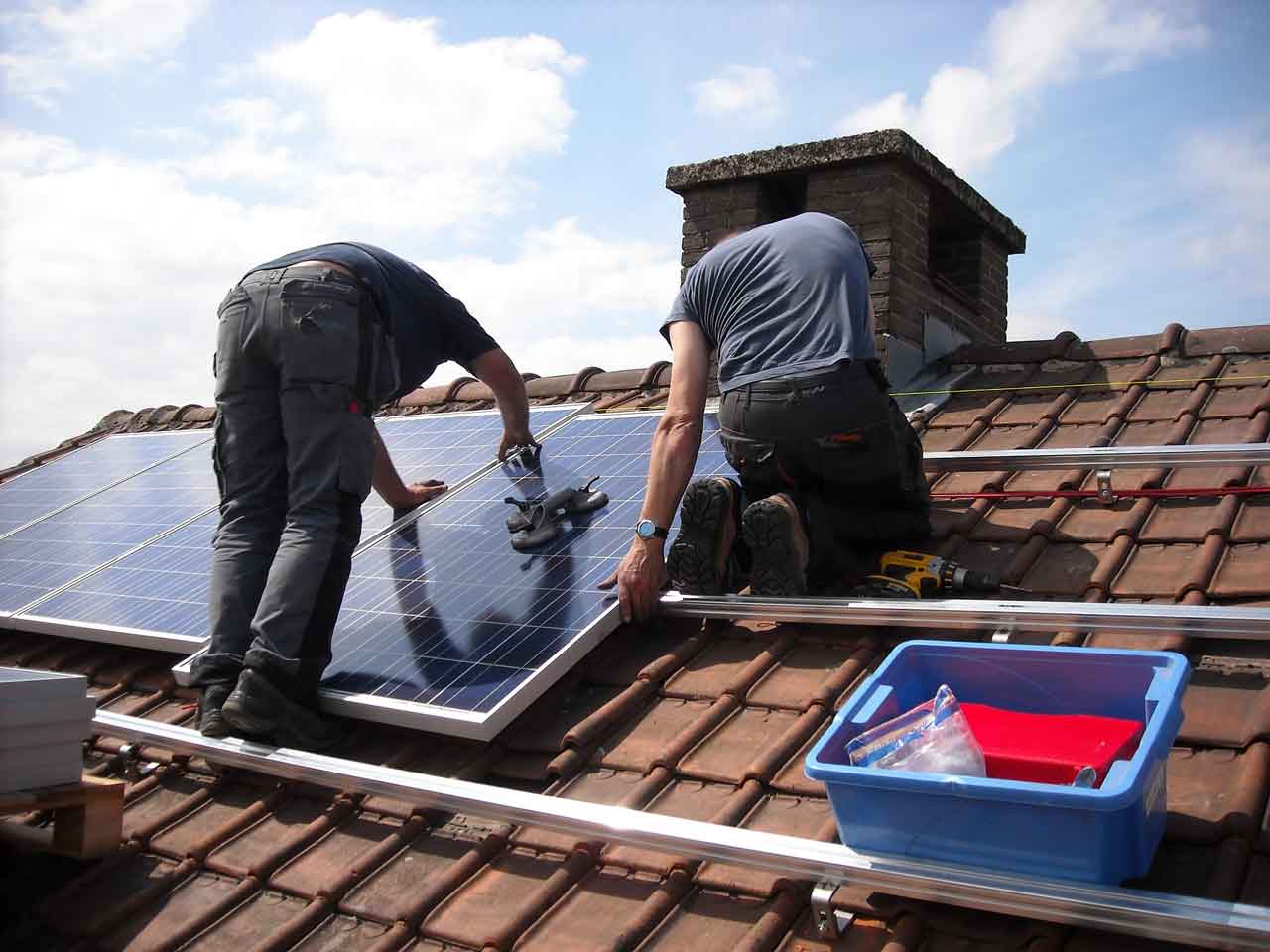Solar Battery Home Options for Off-Grid and Grid-Tied Living
Explore solar battery home options for off-grid and grid-tied living, enhancing energy independence and efficiency through smart solar installation in home systems.

Home solar battery systems are a growing trend for Australian households, as homeowners look for ways to reduce their electricity bills and maximise their energy independence by installing home solar battery systems. Whether you're aiming for complete energy independence or hoping to simply add on to an existing system, because you've gone solar, a solar battery is the essential add-on for ensuring your solar electric system provides the energy you need, when you need it. Whether you’re considering going off-grid or grid-tied, homeowners who are considering solar installation for home projects would do well to be informed about the options.
Understanding Solar Battery Home Systems
A solar battery home system holds any leftover power that solar panels produce during the day for use at night. Although the applications are going to be different, it is an important feature for off-grid and grid-tied setups. In an off-grid house, the battery is the only store of stored power; no connection to the grid is used. On the other hand, grid-tied houses have batteries to fall back on or use in conjunction to make the best use of their energy by saving solar power and not relying on the grid during peak periods.
Options for Off-Grid Living
For property owners situated in the middle of nowhere or people who simply want to be free of the grid, off-grid solar battery home systems provide independence from electricity suppliers. These configurations must be thoughtfully planned around storing enough energy reserve to cover all household needs, even during low daylight or bad weather days. To maintain a power supply without interruption, larger battery banks may be employed, comprising a plurality of battery cells.
Advanced lithium-ion batteries are now the preferred choice for off-grid systems as they are more efficient, last longer, and require less maintenance than traditional lead-acid batteries. With the ability to assemble solar panels and higher-powered battery storage systems, off-grid homeowners can feel the power of the sun during every season.
Boosting the Grid-Tied Home with Solar Batteries
Grid-tied solar battery home systems are becoming increasingly prevalent as homeowners look to enhance energy efficiency and cut down on electricity expenses. In these configurations, they and the sun supplement solar power during the day, and any overproduction can be stored in batteries instead of being sold back to the grid. This energy stored can later be used at night or during peak times of use to decrease dependency on your utility company.
One big advantage of a grid-tied system with battery backup is the ability to side-step costly peak-time utility rates and still be connected to the grid as a fail-safe. Together, these solutions provide flexibility and savings and strengthen energy resilience.
Expert's Role in Navigating Solar Solutions
It’s companies like Simply Solar that have made it much easier for homeowners to understand the ins and outs of solar installation in homes. With the help of specialists, and keeping in mind suitable recommendations and skillful installation, they guarantee that every solar battery home system is geared towards suiting everyone´s specific energy requirements and is adjusted to the local conditions. The help from them can make it easier to make decisions and install the system, thus helping consumers switch to renewable energy, stress-free.”
The Importance of Proper Planning and Installation
Whether the system is off-grid or grid-tied, such a detail is critical to have a carefully designed and professionally installed solar power plant. Your solar battery should be rated for the size of your solar panel array, so that it will store and deliver the power produced by the panels. Moreover, anticipating future energy demand and possible system extension at the planning stage could lead to optimum long-term results.
Conclusion
Today’s solar battery homes come in many forms, making it easy for homeowners to select ones that match their energy needs, how they live, and where they live. Whether an off-grid system or a very limited grid-tied solar system, you may want to use one of these solar batteries or systems with one of the new battery technologies that are coming out. With careful consideration and expert knowledge, flick-ing the switch on solar power can help you to secure the future of your energy supply.